Diagnostics of objects that are bodies of complex shape can be based on representing their boundaries of such objects (including subsurface ones) in the form of a set of paraboloids. It is shown that the determination of specific geometric characteristics of such paraboloids is ensured through the artificial synthesis of a distributed lens, the individual elements of which are placed on individual unmanned aerial vehicles. Technically, lens synthesis is achieved by changing the phase of radio frequency radiation, carried out using phase shifters. The method is implemented through scanning the object under study by adjusting the effective optical power and its orientation in space. Model calculations are presented that prove the prospects of using the proposed method. Specific examples of radio-electronic circuits that ensure the implementation of the proposed approach are presented. A feature of the phase shifters used is the preliminary detection of the phase of the signal arriving at each of the elements of the distributed lens, and the subsequent introduction of an additional phase difference due to the weighted summation of harmonic signals that are in antiphase.
keywords: unmanned aerial vehicles, subsurface objects, radiation converters, lenses, scanning, phase shifters, phase difference.

